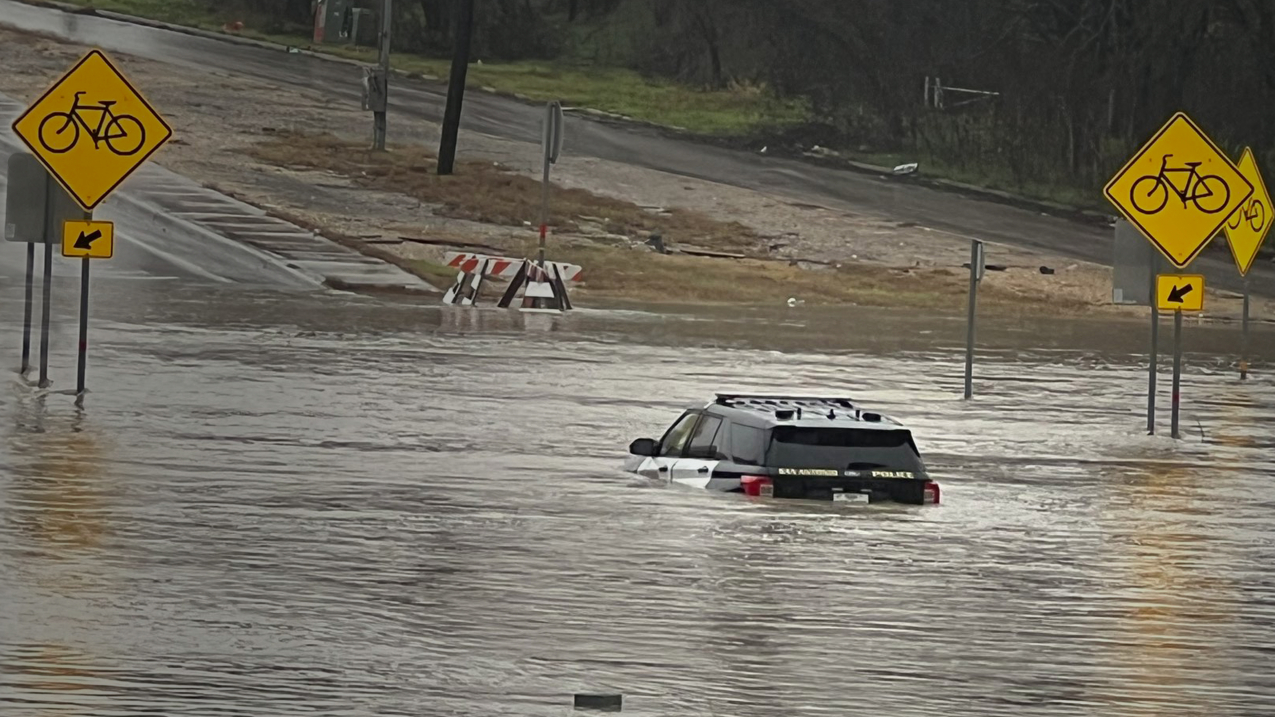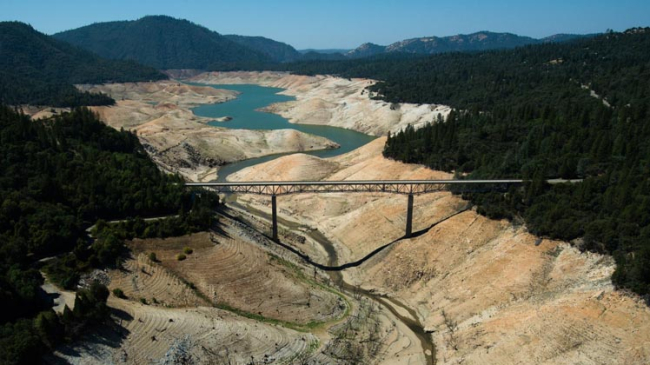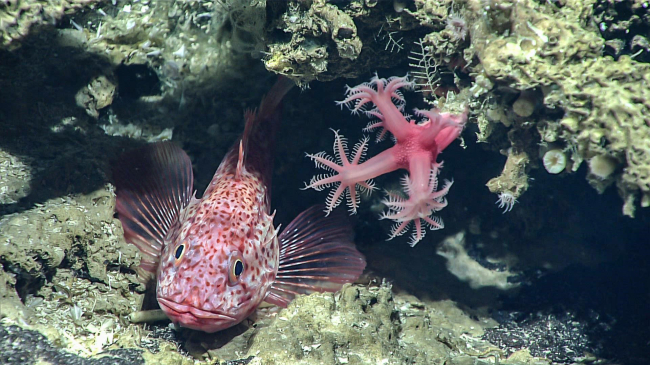Funding will support efforts to evaluate how the public reacts to NOAA services during flood events

Salado Creek flooding at Seguin Road in Bexar County, Texas. (Image credit: Salado Creek in Texas, January 2024. (Credit: Alex Gamez))
Today the Department of Commerce and NOAA announced $10 million in funding to support social science research related to flooding services and products as part of President Biden’s Investing in America agenda. These funds from the Bipartisan Infrastructure Law will allow NOAA to better understand how the public uses communication products and reacts to emergency announcements during floods and other weather events, with the goal of ultimately helping communities to better prepare for weather emergencies such as flooding caused by atmospheric rivers.
“Storms and flooding take a huge toll on local economies across the country, and we have historically underinvested in the data infrastructure needed to prepare for the impacts of these disasters,” said U.S. Secretary of Commerce Gina Raimondo. “This investment, part of President Biden’s commitment to investing in America and combating the climate crisis, will allow NOAA to effectively communicate with communities in advance of severe weather events to help save lives and minimize property damage — all while improving resilience to natural disasters caused by climate change.”
The funding will be spent over the course of five years and will help to establish NOAA’s Societal Data Insights Initiative within NOAA Research’s Weather Program Office. This initiative will focus on ensuring that communities across the country understand and know how to respond to severe weather alerts in order to keep themselves and their families safe. It will also enable experts to develop tools that can integrate the scientific study of humans and social relationships with information about weather, flooding and climate.
As part of this effort, an award was made to the National Science Foundation (NSF) AI Institute for Research on Trustworthy AI in Weather, Climate and Coastal Oceanography offsite link to conduct a research project to explore new methods of combining social and meteorological data focusing on flood events.
The research project will include surveys of individuals before, during and after an atmospheric river event; a week-long hackathon — a type of hands-on, multi-day collaborative workshop that will bring together a wide range of experts — to help researchers identify new types of data and ways for NOAA’s Societal Data Insights to integrate datasets, including advancements in AI and machine learning; and lessons learned to improve future weather communications tools.
“Most social science research only surveys people after a storm," said Assistant Secretary of Commerce for Environmental Observation and Prediction, Michael C. Morgan, Ph.D. "This project will allow us to understand how an individual’s risk perception may evolve before, during and after an extreme weather event. Additionally, the use of AI will enhance our capacity to evaluate responses and improve future weather communication.”
Throughout this research project, NOAA will work with the NSF AI Institute for Research on Trustworthy AI in Weather, Climate and Coastal Oceanography and its partners from the NSF National Center for Atmospheric Research offsite link, Stanford University offsite link, the University of Washington offsite link and the Weather Channel offsite link, to explore the use of AI to enable and enhance the integration of social, demographic, meteorological and other environmental data.
Visit the Bipartisan Infrastructure Law website to learn about current and future funding opportunities.
Climate, weather, and water affect all life on our ocean planet. NOAA’s mission is to understand and predict our changing environment, from the deep sea to outer space, and to manage and conserve America’s coastal and marine resources.
Media contact
Alison Gillespie, alison.gillespie@noaa.gov, (202) 713-6644




